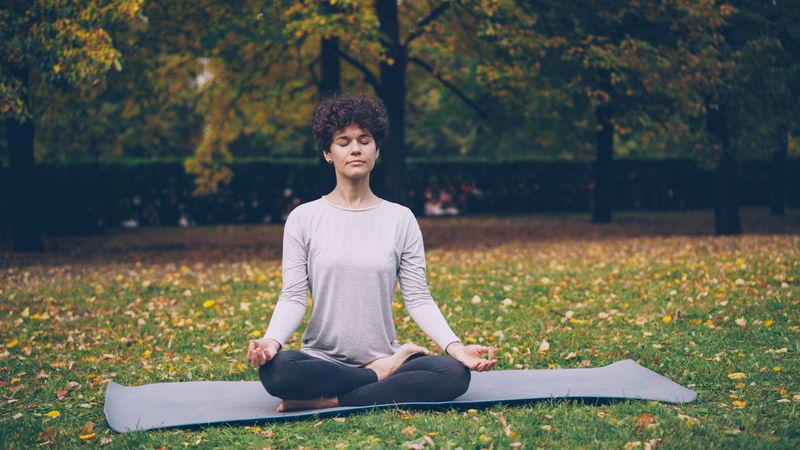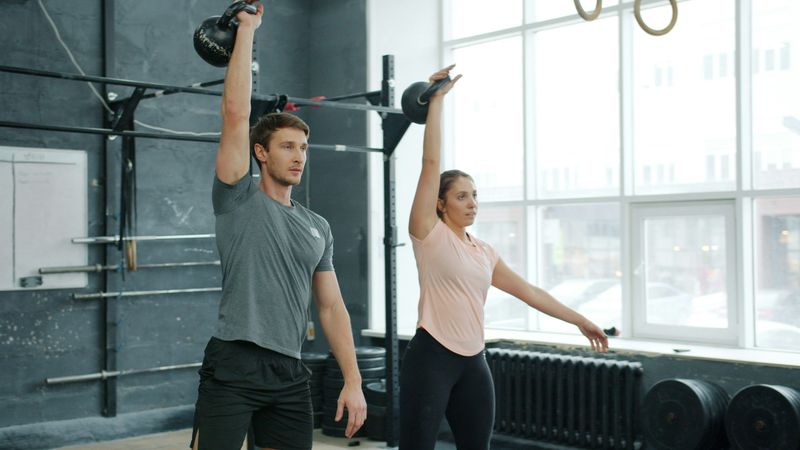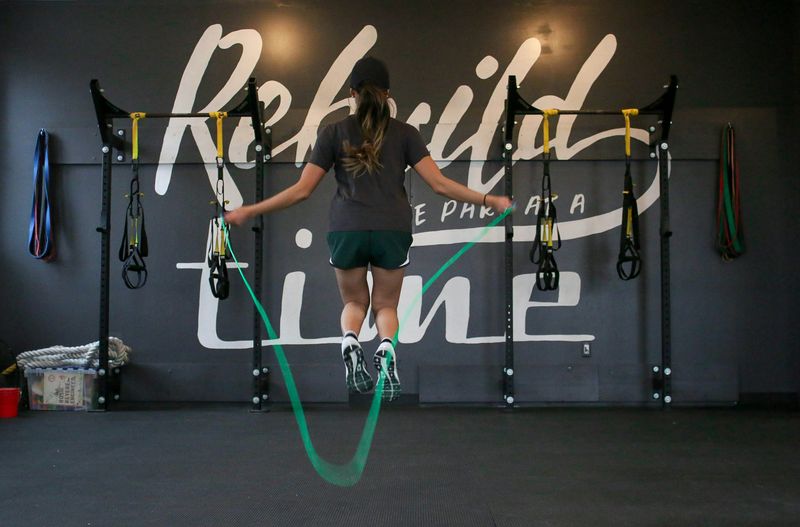10 Reasons Hitting the Gym After Work Might Be the Best Decision You Make

Clocking out at the end of a long workday can leave you feeling drained, but what if there was a simple way to flip that exhaustion into energy? Heading to the gym after work might sound like the last thing you want to do, but it could actually be the secret to feeling happier, healthier, and more balanced. From boosting your mood to helping you sleep better at night, an evening workout offers benefits that go way beyond building muscle.
1. Stress Relief and Mental Decompression

Walking out of the office with your shoulders tight and your mind racing from back-to-back meetings. Exercise acts like a reset button for your brain, helping to lower cortisol, the hormone responsible for stress.
When you lift weights, run on the treadmill, or take a yoga class, your body releases tension that has built up throughout the day. Physical movement gives your mind something else to focus on besides work deadlines and emails.
By the time you finish your workout, you will likely feel calmer and more clear-headed. That mental shift can help you enjoy your evening without carrying workplace worries home with you.
2. Improved Sleep Quality

Struggling to fall asleep or waking up feeling tired? Regular evening workouts can change that by helping regulate your body’s natural sleep-wake cycle.
Physical activity tires out your muscles in a good way, making it easier for your body to relax when bedtime rolls around. Studies show that people who exercise regularly fall asleep faster and experience deeper sleep stages.
Just be mindful not to work out too close to bedtime, as the adrenaline rush might keep you awake. Aim to finish your gym session at least two hours before you plan to sleep, giving your body time to wind down naturally and prepare for quality rest.
3. Enhanced Mood and Motivation

Ever heard of a runner’s high? That feel-good sensation happens because exercise triggers your brain to release endorphins, chemicals that naturally boost your mood and make you feel more positive.
After a workout, you might notice you feel more confident and ready to tackle challenges. That motivation can spill over into other areas of your life, from tackling household chores to pursuing personal goals.
Even on days when you drag yourself to the gym reluctantly, you will almost always leave feeling better than when you arrived. That emotional lift becomes addictive in the best way, encouraging you to keep coming back.
4. Increased Energy Levels

It seems backwards that spending energy at the gym would actually give you more energy, but that is exactly what happens. Regular exercise strengthens your heart and improves how efficiently your body delivers oxygen to your muscles and organs.
Over time, activities that used to tire you out become easier. You might notice you can climb stairs without getting winded or play with your kids without needing a nap afterward.
Instead of collapsing on the couch after work, your improved cardiovascular fitness means you will have stamina left for evening activities. That extra energy transforms how you experience life outside of work hours, making everything feel more manageable and enjoyable.
5. Enhanced Cognitive Function

Your brain needs blood flow to function at its best, and exercise is like a power wash for your mental circuits. Physical activity increases circulation throughout your body, including to your brain, which helps sharpen your thinking.
Research shows that people who exercise regularly perform better on tasks requiring memory, concentration, and problem-solving. You might find yourself coming up with creative solutions or remembering details more easily.
Working out after your shift can actually make you more productive during tomorrow’s workday. The cognitive benefits stick around long after you leave the gym, helping you stay mentally sharp and focused when it matters most.
6. Better Time Management

Committing to a gym routine forces you to become more organized with your schedule. You learn to prioritize what matters and eliminate time-wasting activities that do not serve your goals.
Planning around your workout means you become more efficient with other tasks. You might meal prep on Sundays, lay out your gym clothes the night before, or streamline your morning routine.
These organizational skills naturally carry over into your work life. People who maintain consistent exercise schedules often report feeling more disciplined and better at managing deadlines. The structure you create around fitness becomes a framework for success in other areas too.
7. Social Interaction

Gyms are not just about treadmills and weights—they are community spaces where friendships form. Evening classes like spinning, kickboxing, or yoga create opportunities to connect with people who share similar health goals.
Having a workout buddy or joining a regular class adds accountability and makes exercise more fun. You are less likely to skip when you know someone is expecting to see you.
These social connections can become meaningful relationships that extend beyond the gym. Whether it is grabbing a smoothie after class or simply exchanging encouraging words, the human connection adds richness to your routine that solo Netflix time cannot match.
8. Clear Separation Between Work and Personal Life

Without a clear boundary, work thoughts can invade your entire evening. Your gym session acts as a physical and mental divider between your professional responsibilities and personal life.
Changing into workout clothes and focusing on physical movement helps your brain switch gears. By the time you finish exercising, you have created distance from workplace concerns.
This separation is crucial for mental health, especially if you work from home or check emails after hours. The gym becomes your transition ritual, a space where work does not exist and you can focus entirely on yourself. That boundary helps prevent burnout and keeps your personal time truly personal.
9. Improved Posture

Sitting hunched over a desk for eight hours takes a serious toll on your spine and shoulders. Your muscles get weak in some areas and tight in others, creating imbalances that lead to pain.
Strength training and stretching exercises target these problem areas, helping to realign your body. Core work strengthens the muscles that support your spine, while mobility exercises loosen tight hip flexors and chest muscles.
As your posture improves, you will notice less back and neck pain. You might even stand taller and move with more confidence. Good posture also helps you breathe better and can reduce headaches caused by tension in your neck and shoulders.
10. Increased Strength and Flexibility

Building muscle is not just about looking fit—it is about making everyday tasks easier and protecting your body from injury. Lifting groceries, playing sports, or even just moving furniture becomes simpler when you are stronger.
Flexibility work keeps your joints healthy and your range of motion full. Tight muscles are more prone to strains and tears, so regular stretching acts as injury prevention.
As you age, maintaining strength and flexibility becomes even more important for independence and quality of life. Starting an evening gym habit now means you are investing in your future mobility, ensuring you can stay active and capable for decades to come. That is a pretty powerful return on investment.

Comments
Loading…